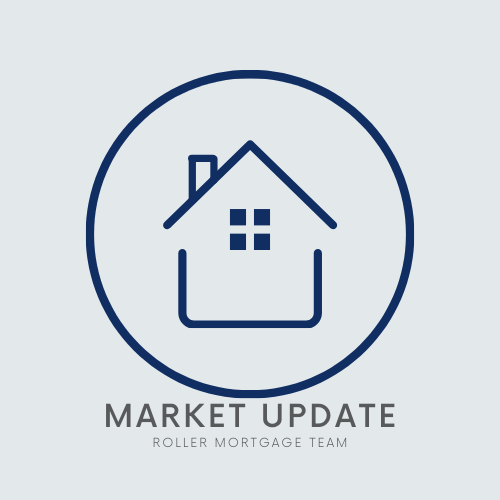Introduction to the Truth About Reverse Mortgages
Reverse mortgages have become an increasingly popular financial tool for senior homeowners. They offer a way to tap into the equity built in a home without the burden of making monthly mortgage payments. However, as with any financial decision, it’s crucial to understand the pros and cons before proceeding. Here, we will uncover the unspoken truth of reverse mortgages and provide you with the information you need to make an informed decision.
Pros and Cons of Reverse Mortgages
The Good
One of the main advantages of a reverse mortgage is that it can supplement retirement income. Many retirees find themselves facing financial challenges, and a reverse mortgage provides an opportunity to access the equity in their home to cover expenses. Additionally, reverse mortgages eliminate the need for monthly mortgage payments, providing a sense of financial freedom. This can be particularly beneficial for those living on a fixed income.
Another advantage is the flexibility in accessing funds. Borrowers can choose to receive the money as a lump sum, a line of credit, fixed monthly payments, or a combination of these options. This flexibility allows homeowners to tailor the loan to their specific needs and goals. Reverse mortgages even offer potential tax advantages, as the funds received are typically not considered taxable income.
The Not So Good
While there are several benefits to reverse mortgages, it’s essential to consider the potential drawbacks. First, reverse mortgages – like traditional mortgages – come with high upfront costs, including origination fees, closing costs, and mortgage insurance premiums. These costs can impact the overall financial picture, especially for those who plan to stay in their home for a short period.
Another important consideration is the reduced equity in the home. As borrowers receive funds from the reverse mortgage, the equity decreases over time. This can affect the ability to leave a substantial inheritance to heirs. Additionally, if the borrower decides to move or sell the home, they may be required to repay the loan balance.
Eligibility and Requirements
To qualify for a reverse mortgage, certain eligibility criteria must be met. The borrower must typically be at least 62 years old and reside in the home as their primary residence. The property itself must meet specific requirements, such as being a single-family home or a 2-4 unit property with one unit occupied by the borrower. Additionally, lenders may conduct a financial assessment to ensure the borrower has the means to cover ongoing expenses, such as property taxes and insurance.
Counseling and education are also essential components of the reverse mortgage process. Borrowers are required to attend counseling sessions with an approved housing counselor to understand the loan terms, costs, and potential alternatives. This ensures that individuals make informed decisions and have a clear understanding of their obligations.
Understanding Reverse Mortgage Options
There are different types of reverse mortgages available, each with its own features and requirements. The most common type is the Home Equity Conversion Mortgage (HECM), which is insured by the Federal Housing Administration (FHA). HECMs offer various payment options and provide more flexibility than other types of reverse mortgages.
Another type is the single-purpose reverse mortgage, which is offered by state and local government agencies or nonprofit organizations. These loans are typically used for a specific purpose, such as home repairs or property taxes.
Proprietary reverse mortgages are a third option, and they are privately insured by the companies that offer them. These loans may be suitable for individuals with high-value homes who need access to a larger amount of funds.
The Unspoken Truth About Reverse Mortgages
Myth vs. Reality
There are several myths surrounding reverse mortgages that need to be addressed. One common misconception is that the lender takes ownership of the home. In reality, the borrower retains ownership and can continue living in the home as long as they meet their loan obligations.
Interest Rates and Fees
Interest rates for reverse mortgages can vary, so it’s essential to compare different options to secure the best terms. Additionally, borrowers should consider the fees associated with the loan, such as origination fees, closing costs, and servicing fees. Being aware of these costs upfront allows individuals to make an informed decision.
Impact on Social Security and Medicare
A reverse mortgage does not typically affect Social Security or Medicare benefits. However, it’s important to note that certain government assistance programs, such as Medicaid, can be impacted. It’s advisable to consult with a financial advisor to understand the potential implications on these benefits.
Risks and Precautions
Like any financial product, reverse mortgages come with risks. One significant risk is the potential for foreclosure if the borrower fails to meet their loan obligations, such as maintaining the property or paying property taxes and insurance. It’s crucial to carefully review the loan terms and ensure that the obligations are manageable.
Frequently Asked Questions
Q: How does a reverse mortgage affect Social Security benefits?
A: A reverse mortgage generally does not impact Social Security benefits. However, certain means-tested government assistance programs may be affected.
Q: Can I lose my home with a reverse mortgage?
A: If you fail to meet your loan obligations, such as paying property taxes or maintaining the property, it could lead to foreclosure and potential loss of your home.
Q: Are there any alternatives to reverse mortgages?
A: Yes, there are alternative options to consider, such as downsizing, renting, or exploring other loan programs. Consulting with a financial advisor can help you explore these alternatives.
Q: What happens to the reverse mortgage after the borrower passes away?
A: After the borrower passes away, the loan becomes due. The heirs can choose to repay the loan and keep the home or sell the home to repay the loan.
Q: How can I protect myself from potential scams?
A: To protect yourself from scams, ensure that you work with reputable lenders and seek guidance from approved housing counselors. Be cautious of unsolicited offers and thoroughly review all loan documents.
The Roller Team Take-Away: The Real Truth About Reverse Mortgages
Before proceeding with a reverse mortgage, it’s essential to evaluate your personal financial situation. Consider factors such as your long-term plans, the impact on your estate and inheritance, and alternative options available. Consulting with a financial advisor can provide valuable insights and help you make an informed decision that aligns with your goals.
In conclusion, reverse mortgages can provide a valuable financial option for eligible senior homeowners. However, it’s crucial to understand the unspoken truth of reverse mortgages before making a decision. Consider the pros and cons, evaluate your personal financial situation, and seek guidance from financial professionals. By doing so, you can make an informed choice that aligns with your long-term goals and financial well-being.



